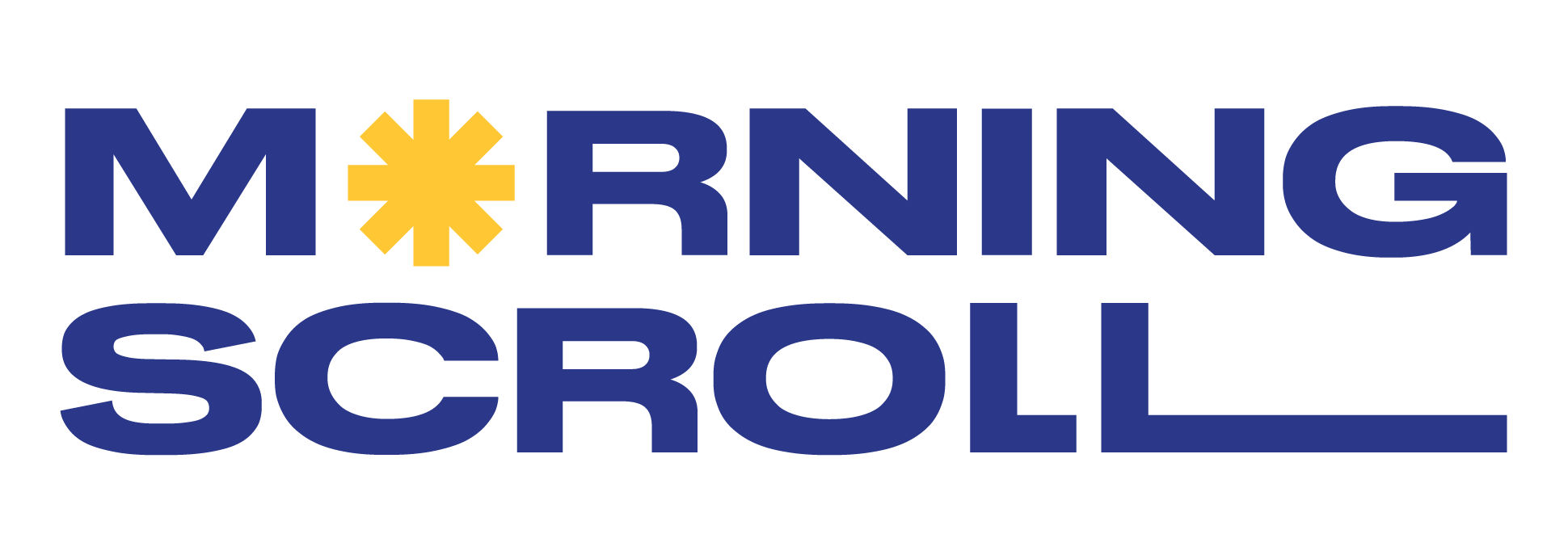We’ve been seeing lots of life-saving research and scientific data recently which sheds light onto the nutrition and lifestyle choices linked to decreased cancer risk. Isn’t it time to put this knowledge into practice?
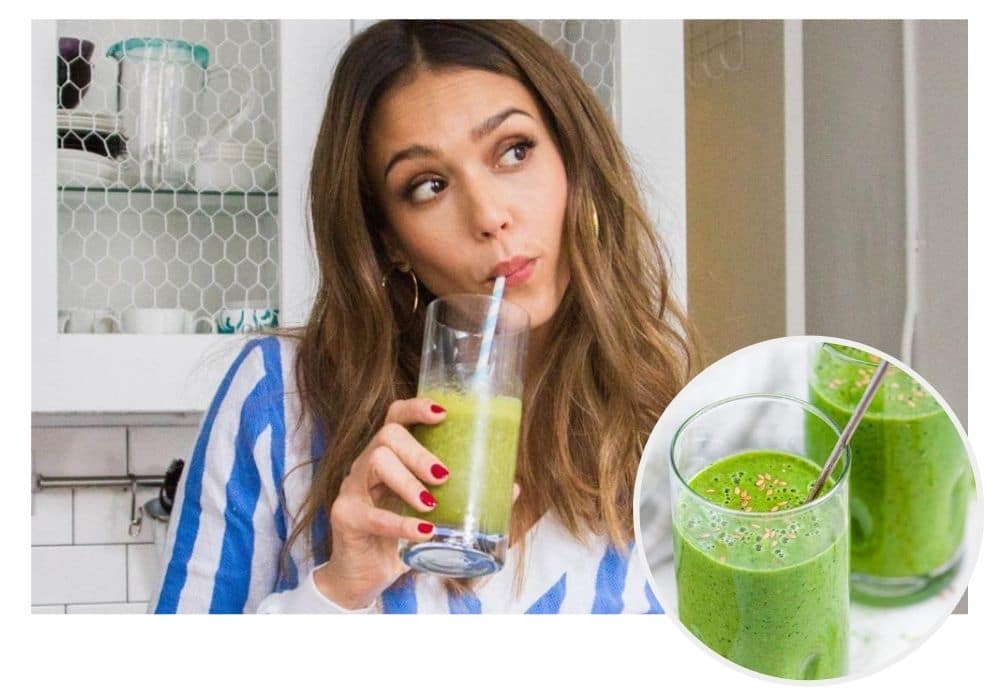
Lowering your consumption of certain products, drinks and additives, as well as rethinking your routines and habits, can decrease your chances of developing most types of cancer.
If you are ready to start making the best decisions for your health and would like to learn the top 15 natural ways to reduce cancer risk, read on!
1. Stock up on probiotic foods
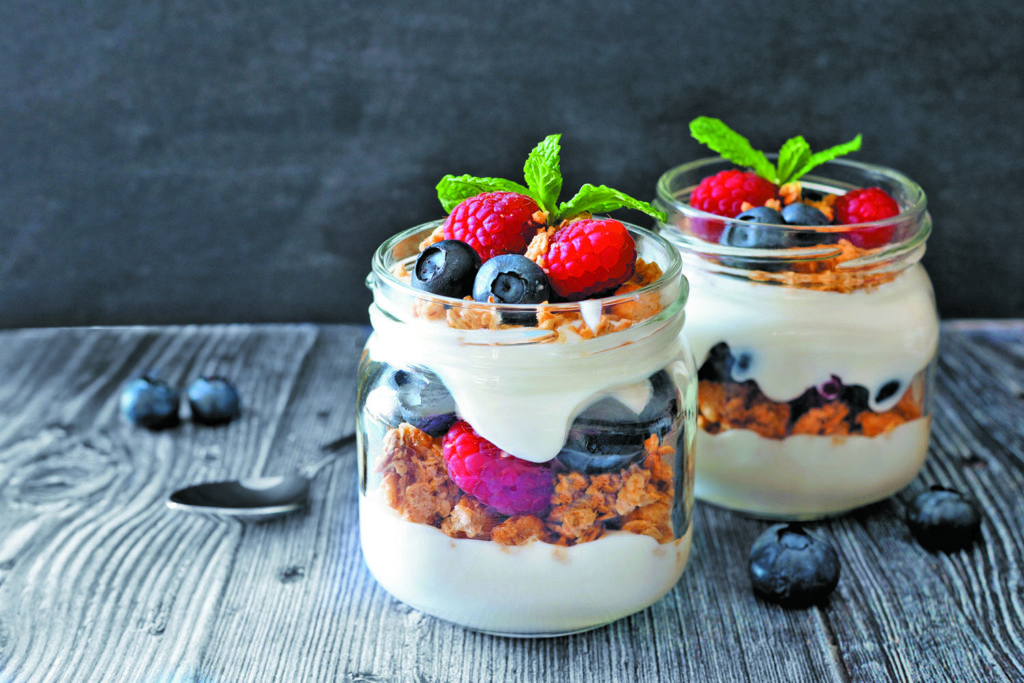
Consuming probiotic foods (fermented products such as sauerkraut, kefir, miso) and supplements (especially those which combine multiple strains) help support gut health as well as improve performance of your immune system. Probiotic-rich diet reduces the risk of developing colorectal cancer and sheds the chance of recurring bladder cancer, among other (more immediate) gut health benefits.
2. Choose beverages rich in
antioxidants

Antioxidant-rich beverages increase your odds of preventing cancer plus they are delicious. Green tea, for one, is phenomenally rich in antioxidants, and is proven to reduce the risk of breast cancer. Brew the tea leaves in cooler water to preserve the antioxidants and maximize the health benefits!
Another powerful source of antioxidants, pomegranate juice is specifically known as one of the most prostate friendly products and can help reduce the risk of prostate cancer.
3. Swap alcohol for exercise

We know this doesn’t sound like a fair trade, but hear us out.
Alcohol can help reduce stress and provide a mood boost — admittedly, something we all need on a daily basis. However: heavy alcohol consumption is among the most common lifestyle factors associated with the increased risk of cancer. You may want to reconsider your drinking habits, especially if you tend to consume alcoholic beverages regularly or in excess. To take your mind off of your troubles, try an even better science-backed stress reliever — exercise!
4. Keep stress at bay

Chronic stress is a major factor that contributes to the likelihood of developing cancer at some point in life. Combined with the increased risk of heart disease, it’s safe to say that stress can quite literally kill you. To prevent it from wreaking havoc on your mind and body, look into the stress management practices such as meditation, physical activity, healthier diet, sufficient sleep, therapy and, in more extreme cases, medication.
5. Use more garlic in cooking
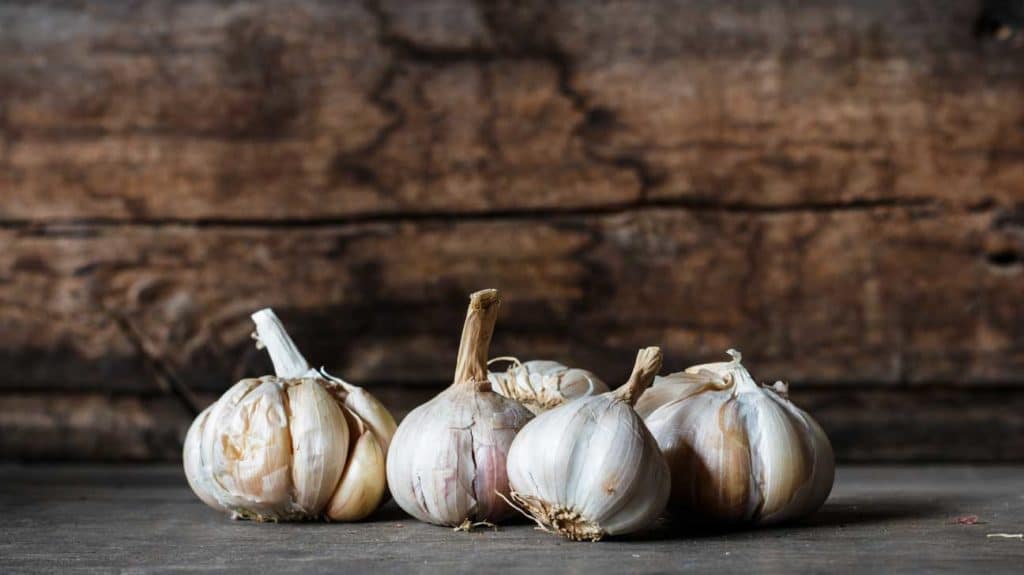
If you’re looking for a cheap, widely available, easy to find and delicious product that may help prevent cancer, look no further than garlic. It is known to fight harmful bacteria that thrive in the digestive tract, including stomach cancer causing Helicobacter pylori. Some experts suggest that including plenty of garlic in your diet may increase your odds of preventing colorectal cancer, too.
6. Cut down on protein
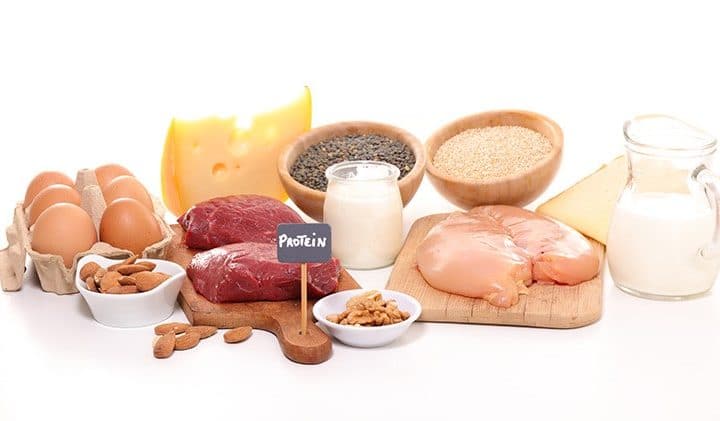
Consuming excessive amounts of protein is certainly not among the habits that help maximize your health. While the human body does need a healthy amount of protein to function normally, the typical modern-day diet includes far more protein than most of us require. As a result, the enzymes in your pancreas, meant to search and destroy cancer cells, are instead busy digesting excessive amounts of protein. To give them a much-needed break, aim for up to 12-hour periods free of protein, daily.
7. Add flax seeds to your meals
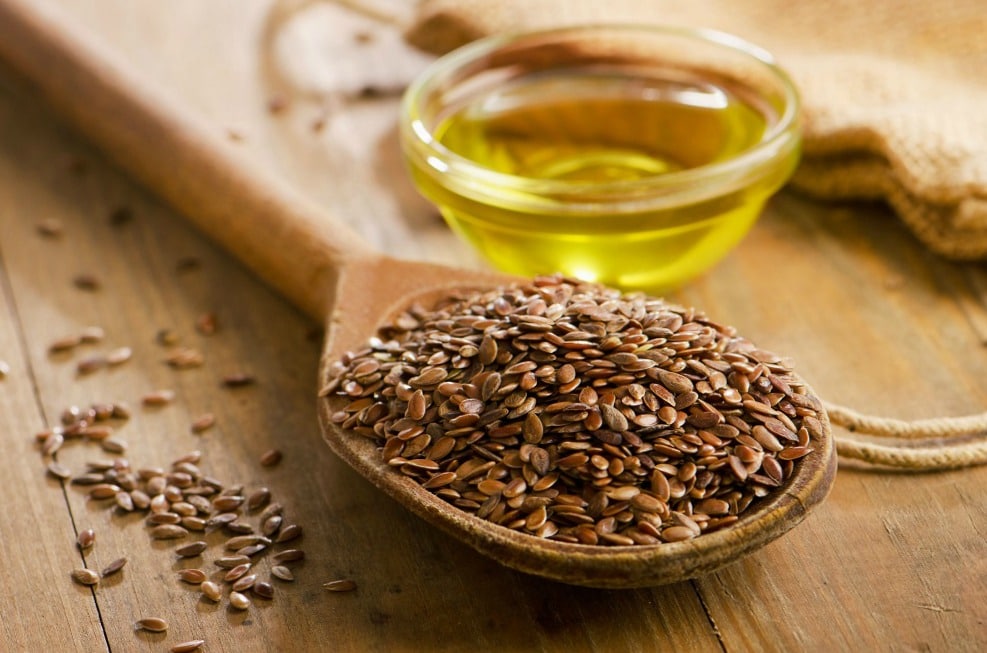
Another product on the list that’s cheap and available worldwide. A true superfood, flax seed often does not get the credit it deserves, shadowed by other more glamorous, Instagram-worthy seeds (looking at you, chia!)
Nevertheless, flax seeds pack a punch pretty much in any form (whole, ground, or cold-pressed for oil) — they are arguably not among the tastiest seeds out there, but you only need about a teaspoon a day to see the health benefits. Sprinkle on your salad, blend with the smoothie, or even mix a spoonful into the cookie batter to get your daily boost of omega-3 fats and fiber!
8. Quit active (and passive!) smoking
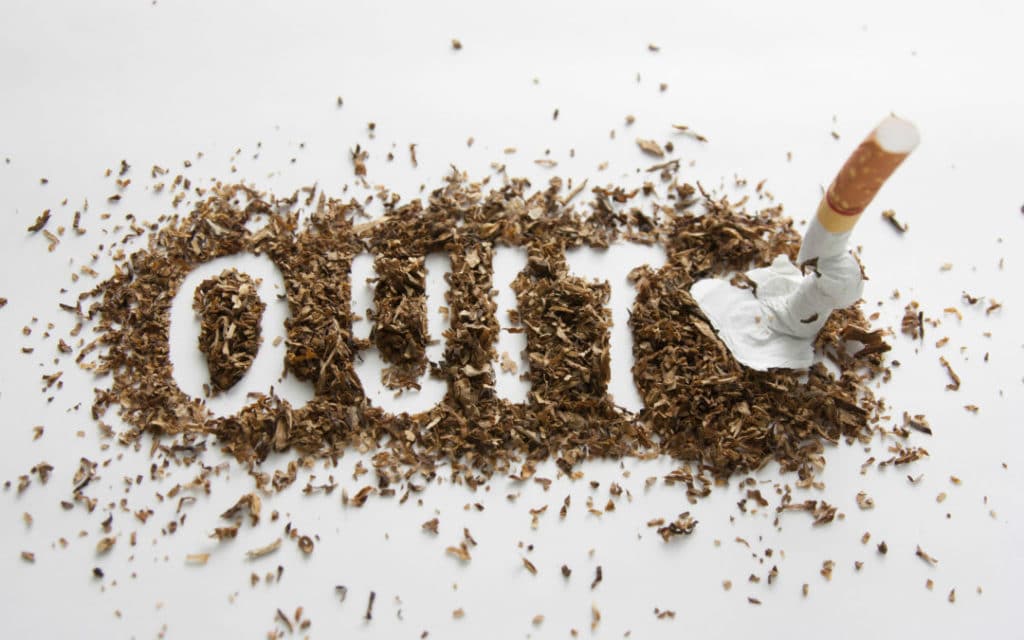
Seriously. Do it. Decrease your odds of developing cancer while improving your overall health dramatically.
Smoking is the single habit behind almost 90% of all cases of lung cancer. On average, smokers die 10 years earlier than nonsmokers — and many of those deaths are from lung cancer and pancreatic cancer. Quitting smoking is one of the most important steps you can take to protect your health. Avoid secondhand smoking, too — it puts you at as much risk of lung cancer as smoking.
9. Fight chronic inflammation
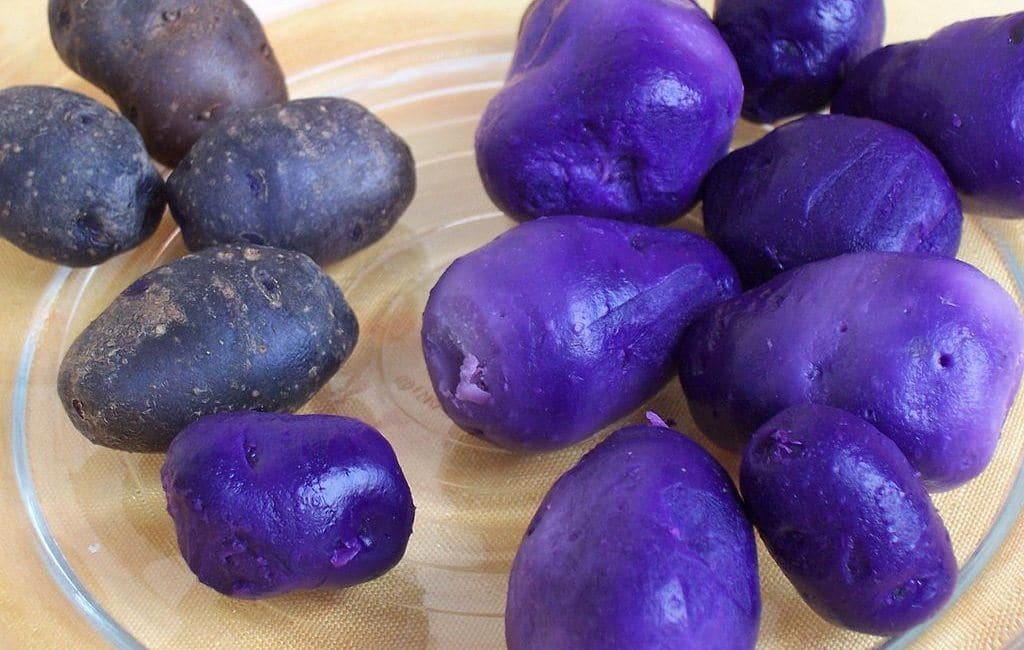
Chronic inflammation is the silent, often unnoticed enemy which weakens your immune system. That, in turn, can increase the risk of any type of cancer: it’s enough for a single cancer cell to sneak past the protective shield of immunity! It’s extremely important, therefore, to keep inflammation at bay. This is where inflammation-fighting foods come into play: fruits, vegetables, berries, nuts, and fatty fish will support the anti-inflammatory bacteria naturally present in your body, and chances are that one day it will prevent the onset of cancer!
10. Maintain healthy weight
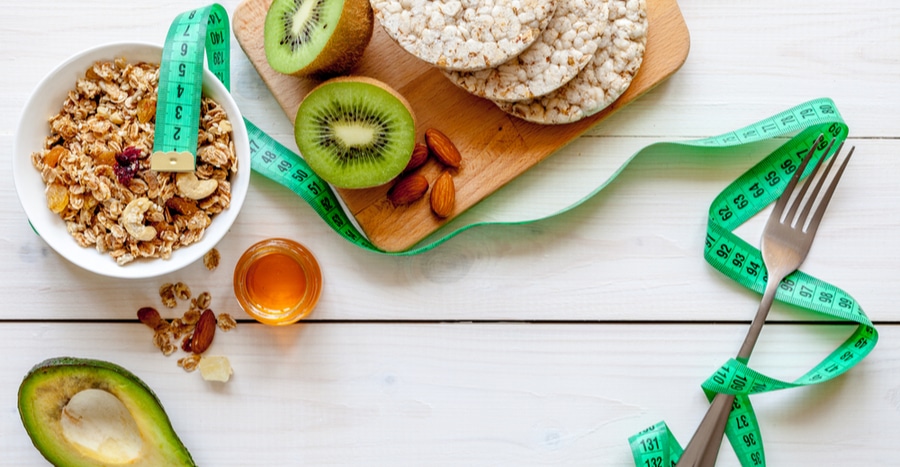
Obesity is a known risk factor for cancer, so it is highly recommended to maintain a healthy weight, especially for breast cancer prevention. Now: each and every body is unique, so “healthy” weight is very a broad concept, but any stage of obesity puts you at risk for sure. If you need to shed a few extra pounds, engaging in some form of physical activity on a daily basis and cutting on calories could be a great place to start. By the way, raw veggies and green tea contain next to zero calories and they will be your extra shield against cancer!
11. Cut down on saturated fats
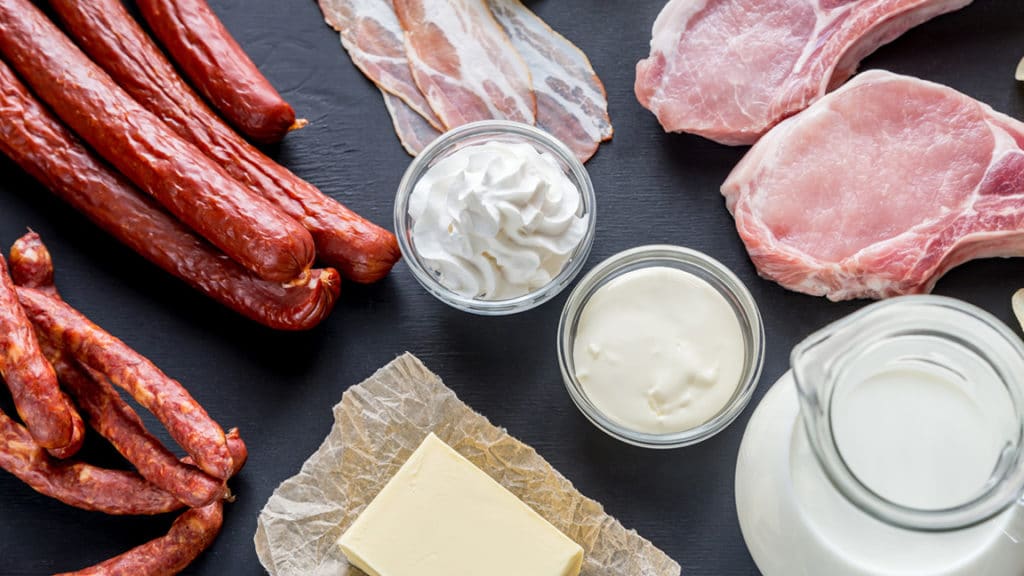
Fatty meats, lards, cheese, sour cream, butter, pastries, deep fried foods — list of products high in saturated fats goes on and on. One of the most commonly suggested ways of reducing cancer risk naturally is to cut down on saturated fats and opt for healthier kinds of fat instead. Olive oil, fatty fish, and nuts are as tasty as cookies, but better for you than cookies! The results of some studies suggest that higher levels of saturated fats in the regular diet can double the risk of breast cancer in women!
12. Use sunscreen. Always!

With all seriousness: UVA/UVB-blocking sunscreens are saving lives! Melanoma, one of the deadliest cancers, is most commonly triggered by the damage that sun exposure often causes on fair skin. Skin cancer has been on everyone’s minds recently, and the sunscreen sales figures are through the roof worldwide, but there’s another, lesser-known but not less dangerous cancer associated with excessive sun exposure: oral cancer. Consider purchasing a UV blocking sun protection balm instead of your regular lip moisturizer to drastically reduce the risk of oral cancer from sun exposure!
13. Avoid processed meats

Industrially processed meats, also known as cold cuts or deli meats, have been proven to increase the risk of stomach and colorectal cancer when consumed regularly. Store-bought bacon, salami, sausages, meatloaves are made from industrially-raised meat and are high in saturated fats, nitrates, and sodium. While being cooked, smoked meats also absorb large amounts of tar, which contains cancer-causing compounds. All in all, it’s not worth the risk; opt for unprocessed meats whenever possible!
14. Eat fresh greens
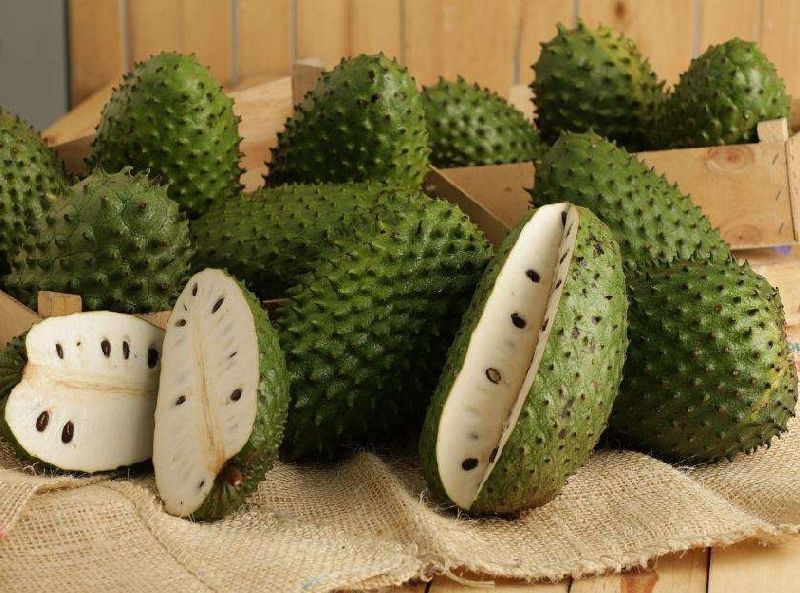
With all the discussions in the scientific community regarding what a “healthy diet” really is, this is the only thing everyone seems to agree on: you just can’t go wrong with the fresh greens.
Raw fruits and vegetables are crucial to a healthy diet, and they may reduce cancer risks in many ways — from supporting gut health and improving immune response, to supplying your body antioxidants, flavones, phenols and plenty of other -es and -ols which can block cancerogenic cells. Among the vegetables which are richest in cancer-preventing nutrients are kale, white cabbage, broccoli, cauliflower, and Brussel sprouts. Eat them raw!
15. Consume omega-3’s
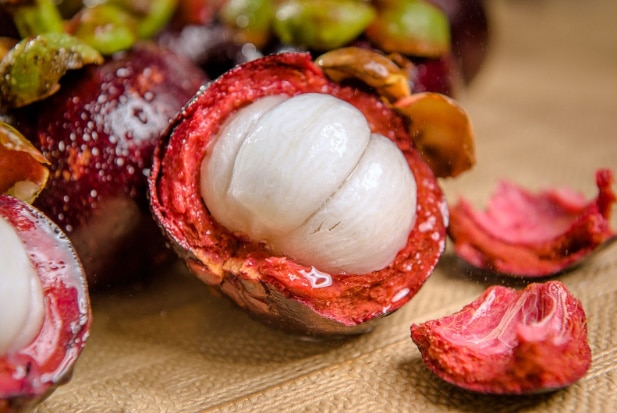
Omega-3 fatty acids are your protective shield against not only several types of cancer but also heart disease and Alzheimer’s.
Natural sources of omega-3 fatty acids include nuts, fatty fish, oysters, flaxseeds, roasted soybeans, and chia seeds. Omega-3s are also widely available in a form of dietary supplements, but it is best to get them from whole foods!

